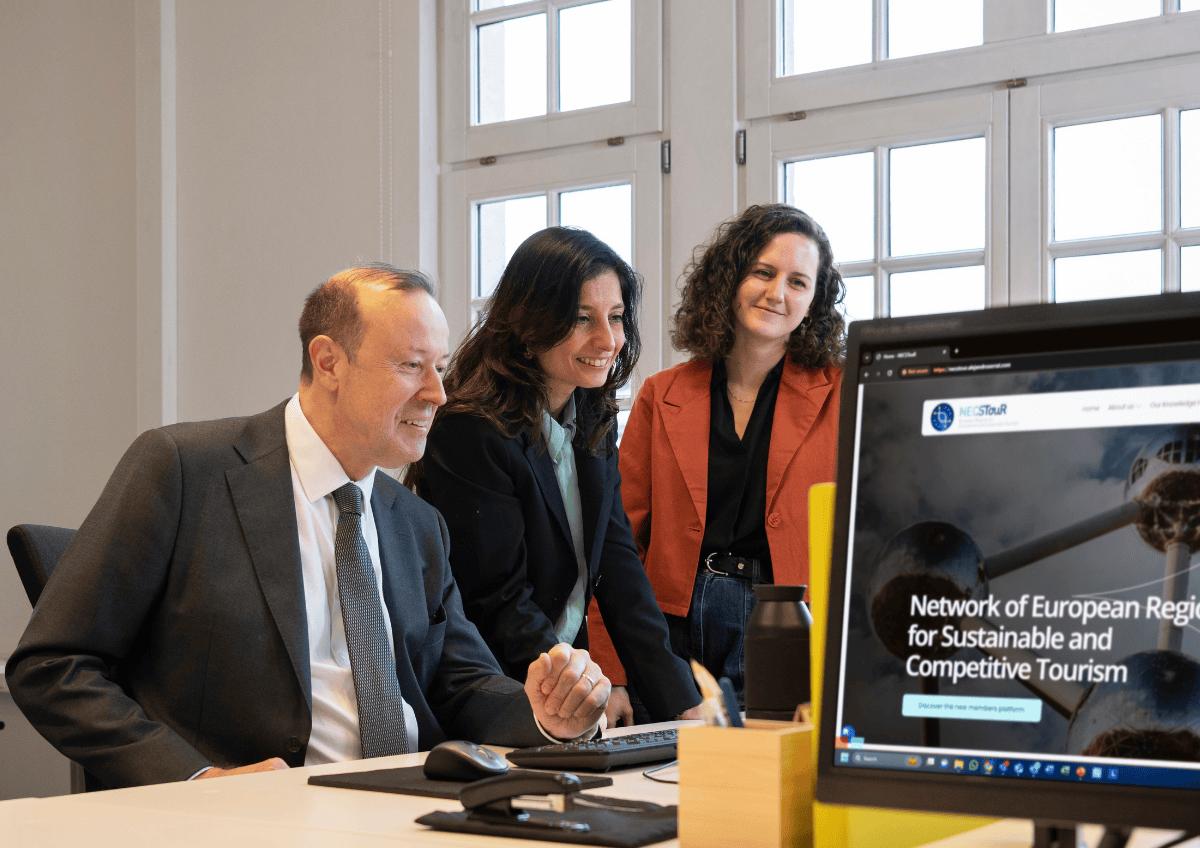for Sustainable and
Competitive Tourism
We use cookies to help you navigate efficiently and perform certain functions. You will find detailed information about all cookies under each consent category below.
The cookies that are categorized as "Necessary" are stored on your browser as they are essential for enabling the basic functionalities of the site. ...
Necessary cookies are required to enable the basic features of this site, such as providing secure log-in or adjusting your consent preferences. These cookies do not store any personally identifiable data.
Functional cookies help perform certain functionalities like sharing the content of the website on social media platforms, collecting feedback, and other third-party features.
Analytical cookies are used to understand how visitors interact with the website. These cookies help provide information on metrics such as the number of visitors, bounce rate, traffic source, etc.
Performance cookies are used to understand and analyze the key performance indexes of the website which helps in delivering a better user experience for the visitors.
Advertisement cookies are used to provide visitors with customized advertisements based on the pages you visited previously and to analyze the effectiveness of the ad campaigns.


NECSTouR, the Network of European Regions for Competitive and Sustainable Tourism, is the community of European regions advocating for sustainability – economic, social and environmental – as a crucial driver of destination competitiveness. The network brings together 49 Regional Authorities competent in Tourism (NUTS I and II) and 38 academic organizations, sustainable tourism business associations and networks, representing 22 European countries ensuring a wide regional outreach and impact. NECSTouR develops interregional projects and fosters cooperation to enable sustainable tourism governance in Europe and empowers destination leaders deliver sustainability by connecting regional tourism governance bodies with European government levels, EU financial instruments, academic organizations and the private sector.